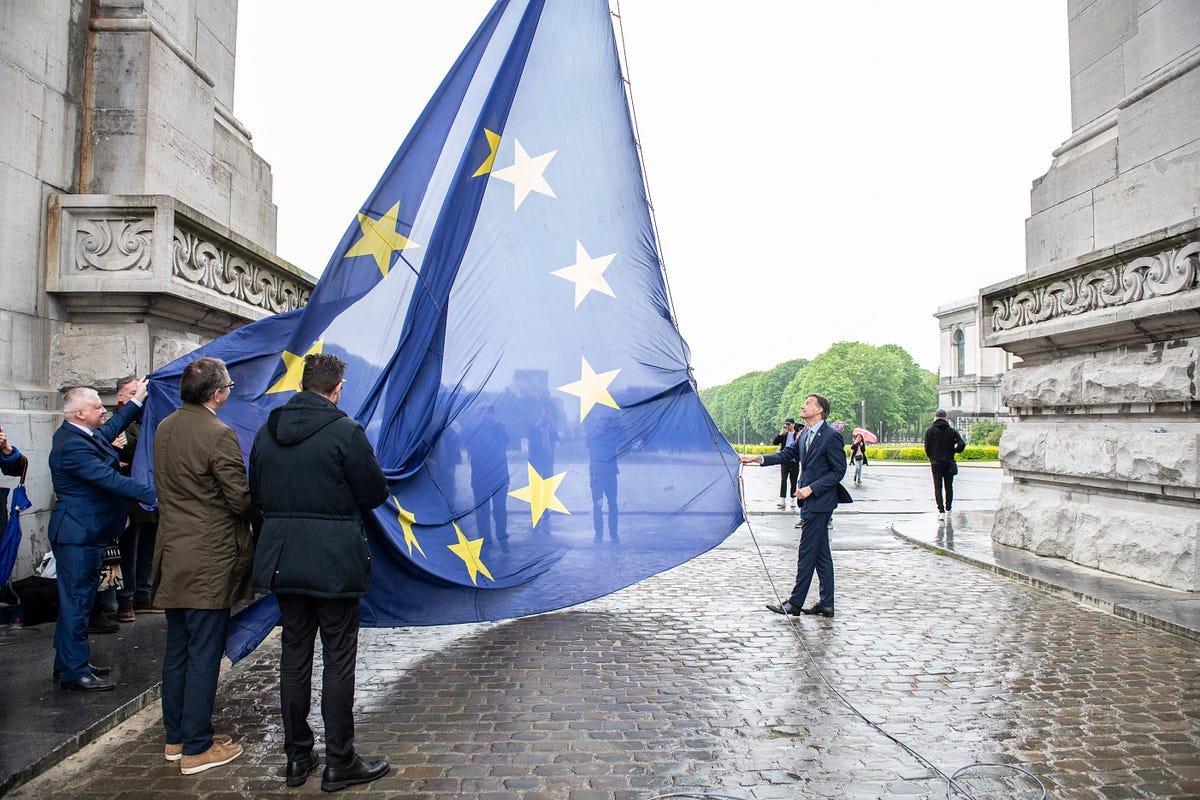The Future of the European Union: Challenges and Opportunities Ahead
As we delve into the intricacies of global politics, one entity that stands at the crossroads of various challenges is the European Union (EU). The EU, which has been a beacon of economic and political cooperation, is now facing a new era of uncertainty compounded by economic volatility, geopolitical tensions, and social strife. This blog post will explore the future of the EU, assessing the challenges it faces while also shining a light on the opportunities that lie ahead.
Current State of the European Union
The European Union was established to promote peace, stability, and prosperity through economic collaboration and political integration among its member states. With 27 member countries, it represents a significant economic bloc, contributing approximately 15% of the global GDP. However, the EU is not without its faults. Recent events such as Brexit, the COVID-19 pandemic, and rising populism have all left their mark on the union.
Economic Challenges Post-COVID-19
The aftermath of the COVID-19 pandemic has created a complex economic landscape in Europe. According to a report from Eurostat, the EU’s economy shrank by 6.6% in 2020. While recovery efforts are underway, the EU faces the double-edged sword of high inflation and labor shortages. EU member states are attempting to mitigate these issues through fiscal stimulus packages and investment in green technology. For instance, the NextGenerationEU recovery fund aims to allocate €750 billion to rebuild European economies and create a sustainable future.
Geopolitical Dynamics
The EU’s geopolitical position is also in flux. Relations with external powers, particularly Russia and China, have become increasingly strained. The recent military tension at the Ukrainian border and trade disputes have placed EU nations in a precarious position. As stated by the European Council on Foreign Relations, there is a growing need for a unified foreign policy to address these challenges. The EU must navigate a path that upholds its democratic values while ensuring the security of its members.

Social and Political Unrest
In addition to economic and geopolitical challenges, the EU faces significant social and political unrest. The rise of populist movements across member states highlights growing dissatisfaction with EU governance. According to a survey from the European Parliament, nearly 60% of citizens feel their voice is not heard by the EU. This disconnection can potentially lead to increased fragmentation within the union.
The Role of Youth and Innovation
Despite these challenges, the future of the EU is not entirely bleak. Younger generations are becoming more engaged in political processes, advocating for climate change action, social equality, and digital innovation. The European Commission’s digital strategy aims to support start-ups and tech innovation, which can drive economic growth and job creation in the future.
Opportunities for a Unified Future
 Navigating the future requires the EU to embrace its foundational principles of unity and cooperation. One potential avenue is further integration and reform of the EU’s institutional framework. Enhanced decision-making processes could allow for quicker responses to crises, making the EU more resilient to current and future challenges.
Navigating the future requires the EU to embrace its foundational principles of unity and cooperation. One potential avenue is further integration and reform of the EU’s institutional framework. Enhanced decision-making processes could allow for quicker responses to crises, making the EU more resilient to current and future challenges.
Green Deal and Sustainability
The European Green Deal represents another substantial opportunity for the EU. By committing to achieving carbon neutrality by 2050, the EU is positioning itself as a global leader in sustainability. This initiative not only addresses climate change but also has the potential to create millions of jobs in green technology sectors.
Expanding Partnerships
Furthermore, strengthening partnerships with neighboring states and global allies can help the EU enhance its influence and security. Initiatives like the Eastern Partnership aim to foster economic and political ties with Eastern European countries, promoting stability in the region.
Conclusion
The future of the European Union is shaped by a mixture of challenges and unparalleled opportunities. Embracing a collective approach, prioritizing sustainability, and increasing citizen engagement are crucial steps for the EU in the coming years. While uncertainties abound, the EU stands poised to navigate these turbulent waters and reaffirm its position as a cornerstone of global cooperation and democracy.
Tags: #FutureOfEU #EuropeanUnion #EUChallenges #Sustainability #Geopolitics #YouthEngagement
Category: International Relations, Politics, Economy
Call to Action: What are your thoughts on the future of the EU? Share your insights in the comments below!



